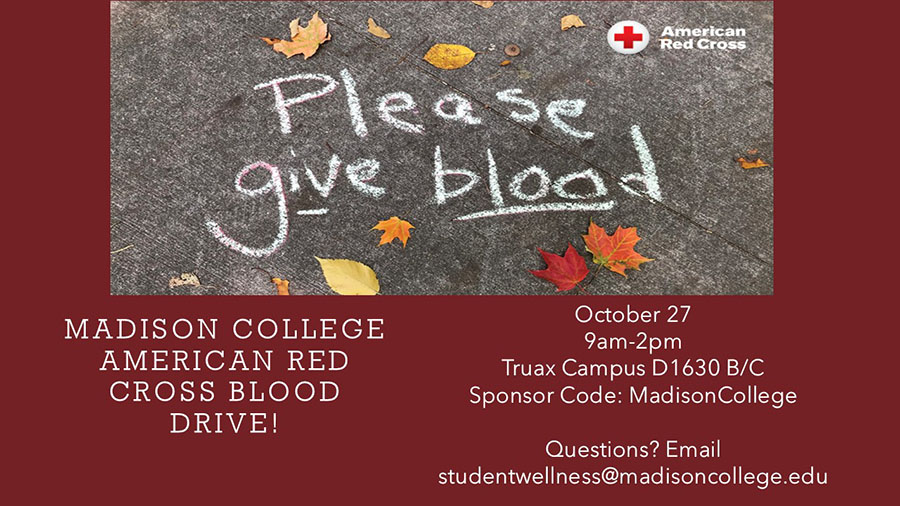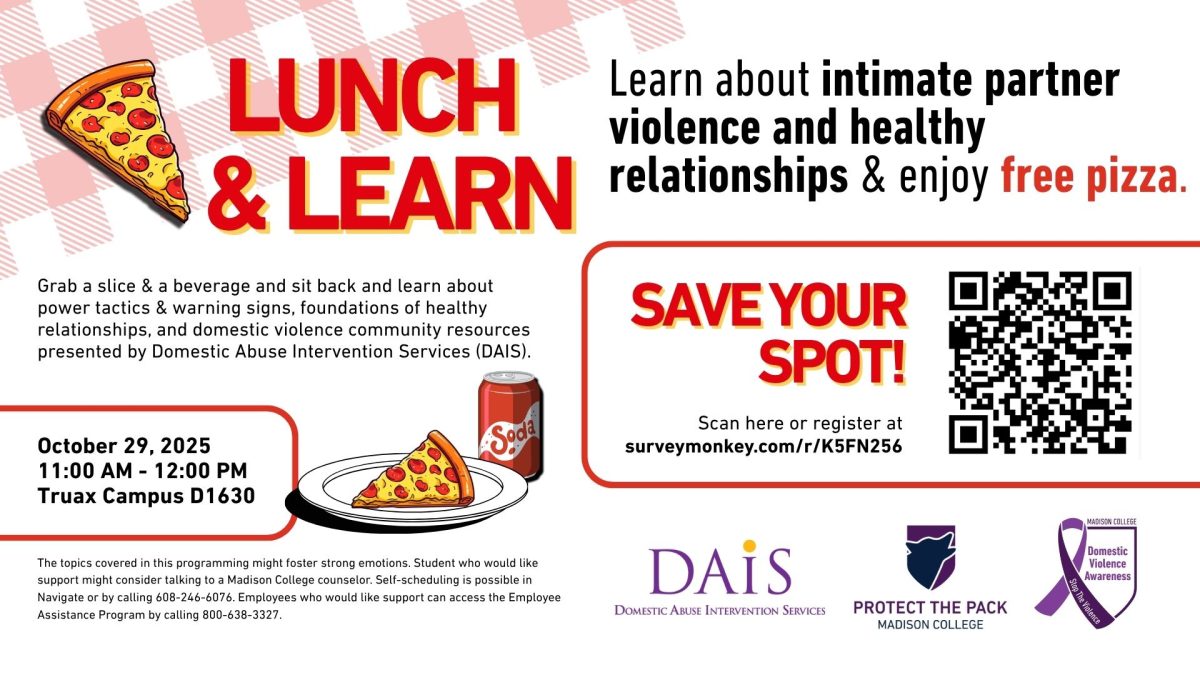The Boston Marathon is one of the biggest yearly sporting events of the year. One of the highest profile terrorist attacks in the post-9/11 era occurred at this year’s marathon, shrouding the annual sporting event in infamy.
On April 15, two bombs went off at the marathon, killing three and injuring more than 100 more, including injuries that led to loss of limbs for some of the victims. Two suspects have been named, one in custody and being treated at a Boston hospital and the other killed in an early morning firefight with police on April 19.
The response to the massacre by authorities in Boston and surrounding communities made headlines. In this post-9/11 time, police and law enforcement continue to be trained in defending against attacks by terrorists like Tamerlan and Dzhokhar Tsarnaev, the two men who placed the bombs that were detonated at this year’s Boston Marathon.
There is training now happening at Madison College through the School of Human and Protective Services. Students can earn a Homeland Security/Emergency Preparedness Certificate meant to help prepare them for situations like the Boston Marathon bombings.
The classes are: Introduction to Homeland Security, Business Continuity, Community Resilience Planning, Emergency Preparedness and Homeland Security Grant/Fiscal Management. As part of the certificate, students go over the planning and response to disasters, and learn the difference between responding as an individual and a business. Each class is worth three credits and the certificate can be completed in a year.
The program is open to traditional students, firefighters, law enforcement officers, emergency medical technicians and homeland security officers, among others.
“One of the things we learn in the (classroom) is how it all works together. In the classroom, most of the students are police, fire and EMS. The class shows how everything comes together and how the (disciplines) work. That was proven there. The folks that were there went right into that training mode,” said Edward Dawson, emergency management services instructor.
Dawson, who is a battalion commander in the U.S. Army Reserve, teaches several of the classes in the certificate. He said he was impressed with how quickly the responders went from treating people for post-marathon needs to treating people after the bombs went off.
“It shows the prep and what I’ve been training to the students is the cycle of how we are trained to respond individually first and how the responders train in every different scenario,” Dawson said. “From the way it appears, the training paid off.”
In the classes, Dawson takes current events and data in scenarios that are reported in the media. The classes center around discussions on how people can and should respond to disasters that happen.
“It’s a critical thinking method that we try to instill in the students,” Dawson said.
The day after the attack in Boston, Dawson led a discussion on how to react to the crisis situation and other aspects of it, including the reason for FBI involvement. The FBI became involved in the investigation after the Obama administration declared the event a terrorist attack.
Although the responders excelled at doing their job, Dawson said the preparedness of others “had a ways to go.”
“When the bomb went off, what did people do? They went running. One of the things we teach in the class is be prepared no matter what the situation is. So, did the people have a plan to get out of there? Everyone said ‘run,’ but run towards what? If you watched it unfold, everyone’s running everywhere and not listening,” Dawson said. “The focus is has to be at the individual level. That’s what I stress in the class.”
Dawson also said the class is about what you need to do as an individual after the responders get to you because “it’s all about survival.” Also, connecting with family members was an issue to and he said that is part of the preparation as well. Getting to your family or letting your family know you are unharmed has to be a part of the plan, especially when cell phone service is disconnected, he said.
He also said that planning helps out in all situations, whether the Boston Marathon bombings, the shooting in Aurora, Colo. last summer, or, more locally, the incident on Carroll University in Waukesha the day after the bombings in Boston, where an individual was found with a weapon on campus.
“Training and taking real scenarios is an opportunity we have to make them as realistic as possible. We know the responders do it all the time. But as individuals, do we really plan that?” Dawson said. “We know the reality exists that people want to do harm, unfortunately. So if you have that mindset that you plan for everything and you are trying to live for another day, that’s what we try to instill. These classes are preparing for the unthinkable and the unimaginable. And that was unimaginable what happened to those folks.”


























